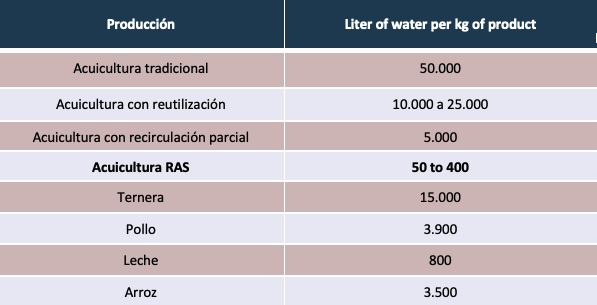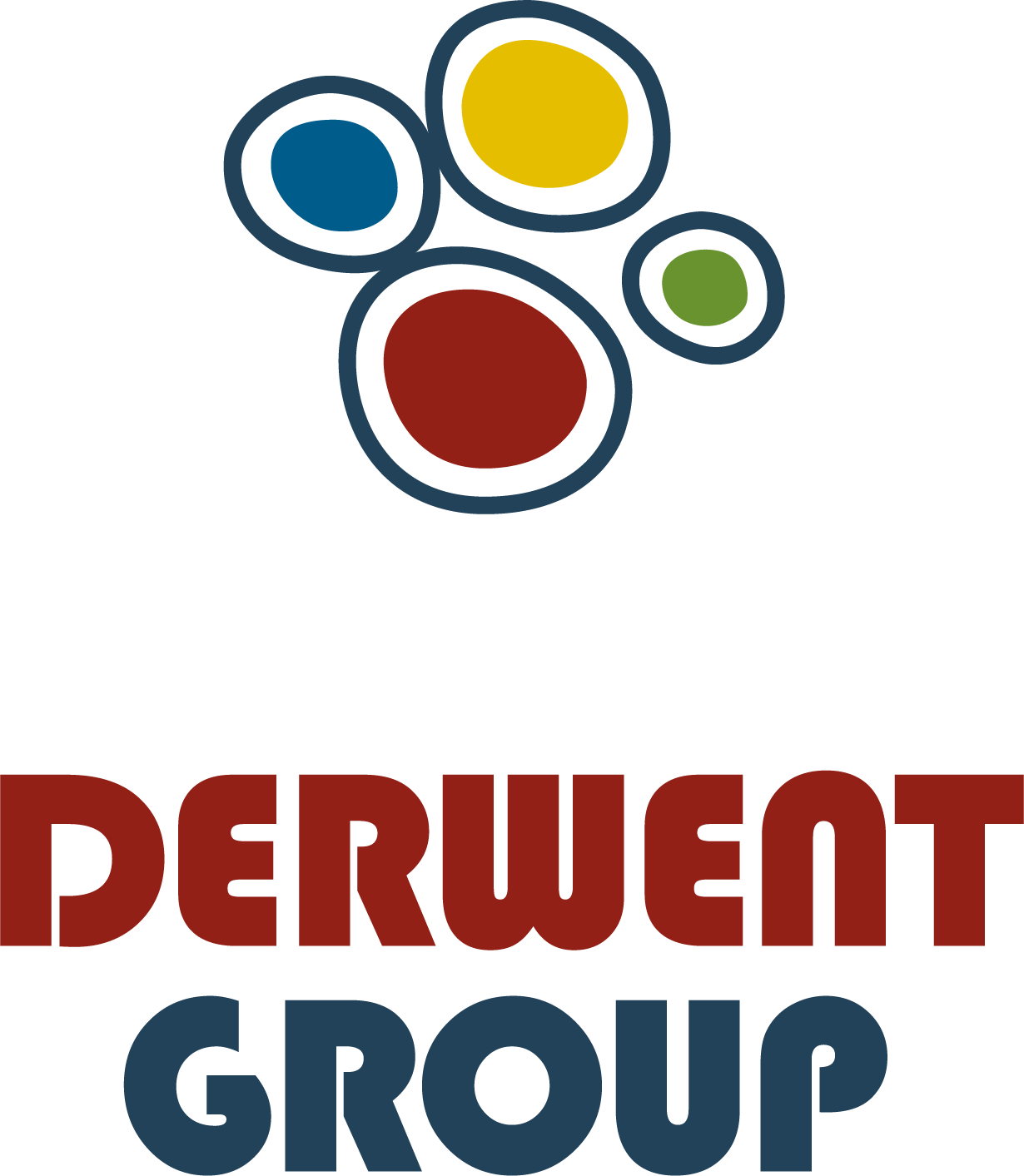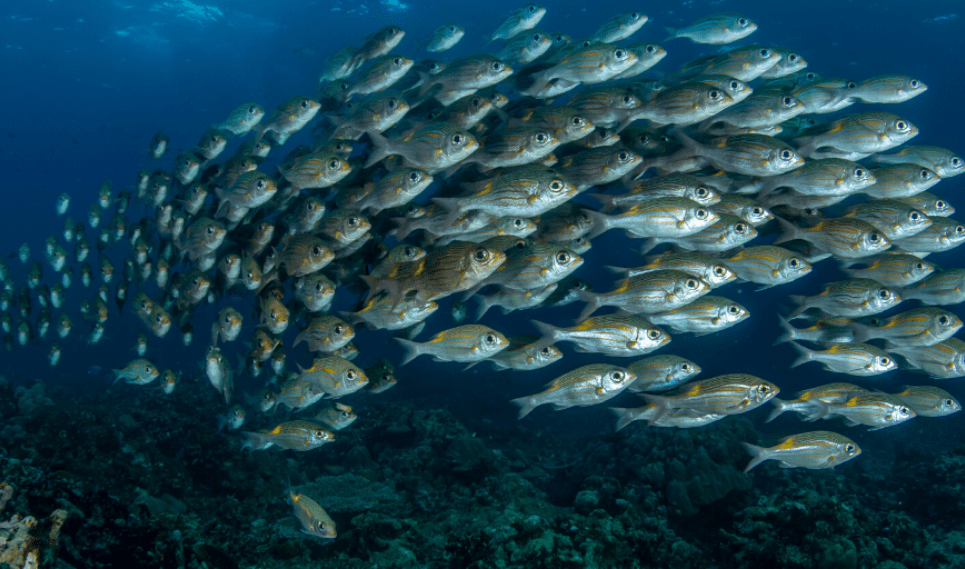Coinciding with COP25, held this month in Madrid, we want to take the opportunity to highlight the advantages of RAS aquaculture systems in terms of sustainability.
It is estimated that the world population will reach 9.6 billion people by 2050. The forecasts assume there will be an increase in the demand for food and especially protein. One of the main sources of protein will be fish, and Recirculating Aquaculture Systems (RAS) will play a fundamental role in allowing it to be obtained sustainably.
According to a market report by the organisation The Nature Conservancy and the impact investment firm Encourage Capital, the aquaculture industry will continue to require large investments until it can meet the growing population’s demand for fish and seafood.
The World Fish Center, an association that advocates using sustainable aquaculture to reduce poverty and hunger, estimates that one billion people in developing countries already consume protein derived from fish, and for 800 million, fishing and aquaculture are a primary source of income. A report by this NGO affirms that in 2010, aquaculture used 2% of the water and 1% of the land used by agriculture worldwide and emphasises that this technique represents a lower environmental impact than other food production sectors, such as the meat or poultry industry. In this respect, water consumption per kilogram of product is a great advantage for RAS aquaculture systems versus other food production systems, since consumption is 90 to 99% lower than in traditional systems.

In recent decades, great progress has been made on sustainability issues, mainly in terms of food and waste management and treatment.
The aquaculture sector emerges as one of the exceptional cases in which sustainability is directly linked to greater economic profitability. Even if a producer is not concerned about the environment, feed constitutes the main cost, and in the case of carnivorous species, specifically ingredients such as fish oil or fish meal, and the industry is currently quite interested in reducing their use in aquaculture feed.
On the other hand, the current trend is to reduce the use of antibiotics and their consequent contamination of the environment and to replace them with prebiotics to strengthen the immune system of fish. In this sense, RAS systems present a great opportunity, as they completely control the entry of elements into the system (water that is previously filtered, food, fish guaranteed to be free of disease).
Minimising the release of elements into the environment is not only a necessity, but a standard and good practice associated with RAS systems and aquaculture in general. In addition, RAS systems allow the efficient treatment of effluents and waste, reducing the activity’s impact on the environment.
SOURCES: IFAPA, FAO, Everis, SINC agency

